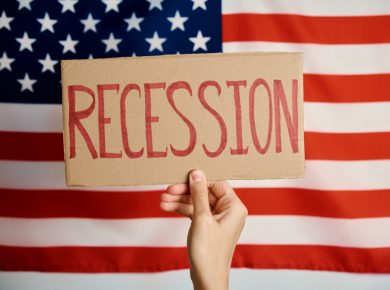Introduction
In today’s fast-paced world, it’s easy to get caught up in the cycle of constant spending. Whether it’s grabbing a coffee on the way to work or indulging in impulse purchases, these seemingly harmless expenses can add up over time. So, In this article, we’ll explore the importance of reevaluating your spending habits and discuss how redirecting those funds towards investments can lead to substantial financial growth.
1. The Latte Factor
The concept of the “latte factor” was popularized by financial expert David Bach. It refers to the small, recurring expenses we often overlook, such as daily coffee runs, subscription services, or dining out frequently. While these expenses may seem insignificant individually, they can accumulate into a substantial sum over time.
2. Opportunity Cost
Every dollar spent on non-essential items represents an opportunity lost for potential investments. Additionally, this means the money you spend today could have been growing over time through compounding interest or appreciating assets.
The Transformative Power of Investments
1. Compound Interest: The Eighth Wonder of the World
Albert Einstein famously called compound interest the eighth wonder of the world. This powerful concept allows your money to grow exponentially over time, as you not only earn interest on your initial investment but also on the interest it accumulates.
2. Diversification and Risk Management
Investments provide opportunities to diversify your portfolio, spreading risk across different asset classes. So, this helps protect your wealth against market fluctuations and economic downturns.
3. Building Passive Income Streams
Investing in income-generating assets like stocks that pay dividends or rental properties can create a reliable stream of passive income. This extra cash flow can supplement your regular income or provide financial security during unforeseen circumstances.
Crunching the Numbers
Let’s put this into perspective. So, Imagine you spend $5 on a cup of coffee every workday. Over a month, that’s $100. Subsequently, over a year, it adds up to $1,200. So now, consider investing that $100 every month at an average annual return of 7%.
- After 10 years, you would have approximately $20,000.
- After 20 years, you’d have close to $64,000.
This simple example illustrates how seemingly minor lifestyle adjustments can lead to significant financial gains over time.
Practical Steps to Cut Unnecessary Spending
- Budgeting: Create a detailed budget to track your expenses as well as identify areas where you can cut back.
- Differentiating Wants from Needs: So, before making a purchase, ask yourself if it’s a necessity or a luxury.
- Avoid Impulse Purchases: Implement a cooling-off period before making non-essential purchases to avoid buyer’s remorse.
- Utilize Technology: Leverage budgeting apps or software to monitor your spending habits as well as receive insights on where your money is going.
Conclusion
Breaking free from unnecessary spending habits and redirecting those funds towards investments can be a game-changer for your financial future. Therefore, by understanding the true cost of each expense and harnessing the power of compound interest, you have the potential to transform your financial situation and build lasting wealth. Lastly, remember, it’s never too late to start on the path towards financial security and prosperity.
Disclaimer: This article is provided for informational purposes only and does not constitute financial, investment, or legal advice. The author and publisher are not responsible for any decisions made based on the information provided. Readers are advised to seek professional advice for their specific circumstances. Any reliance on the information in this article is at the reader’s own risk.
To read more, click here
Thank You For Reading, feel free to ask any questions in the comment section below.
Follow us on Social Media Platforms,
Click Here: Instagram, Facebook, YouTube, and Twitter
Stay Informed, Stay Responsible with My Finance World!










